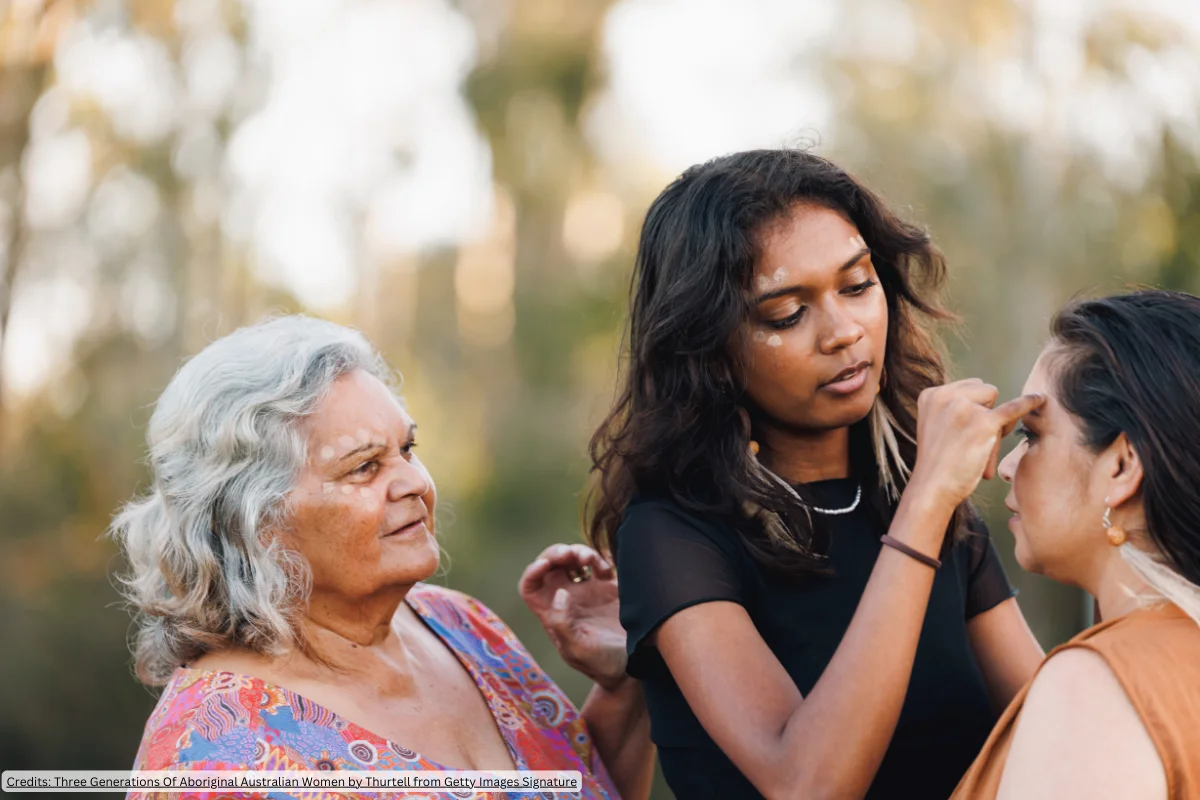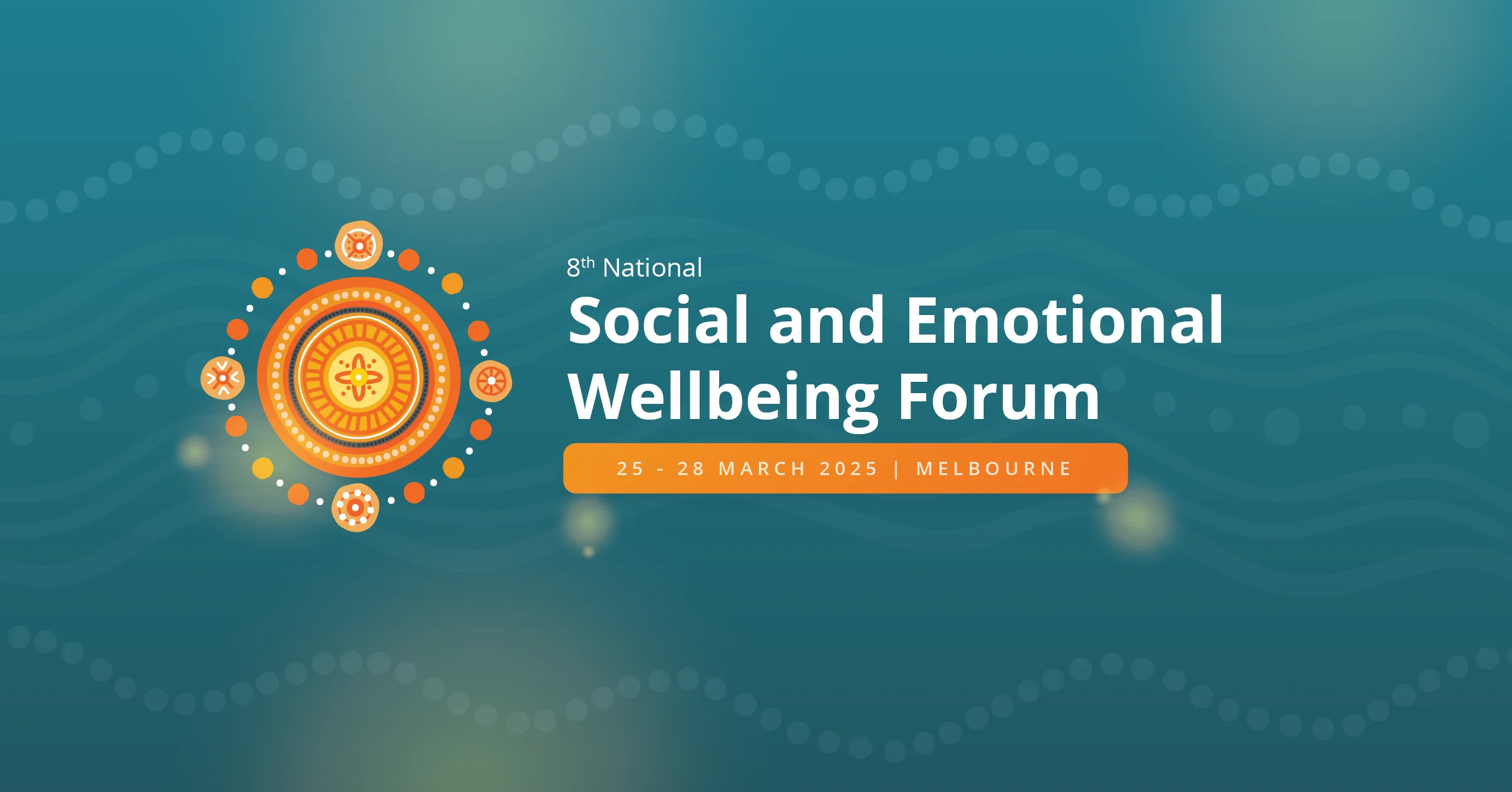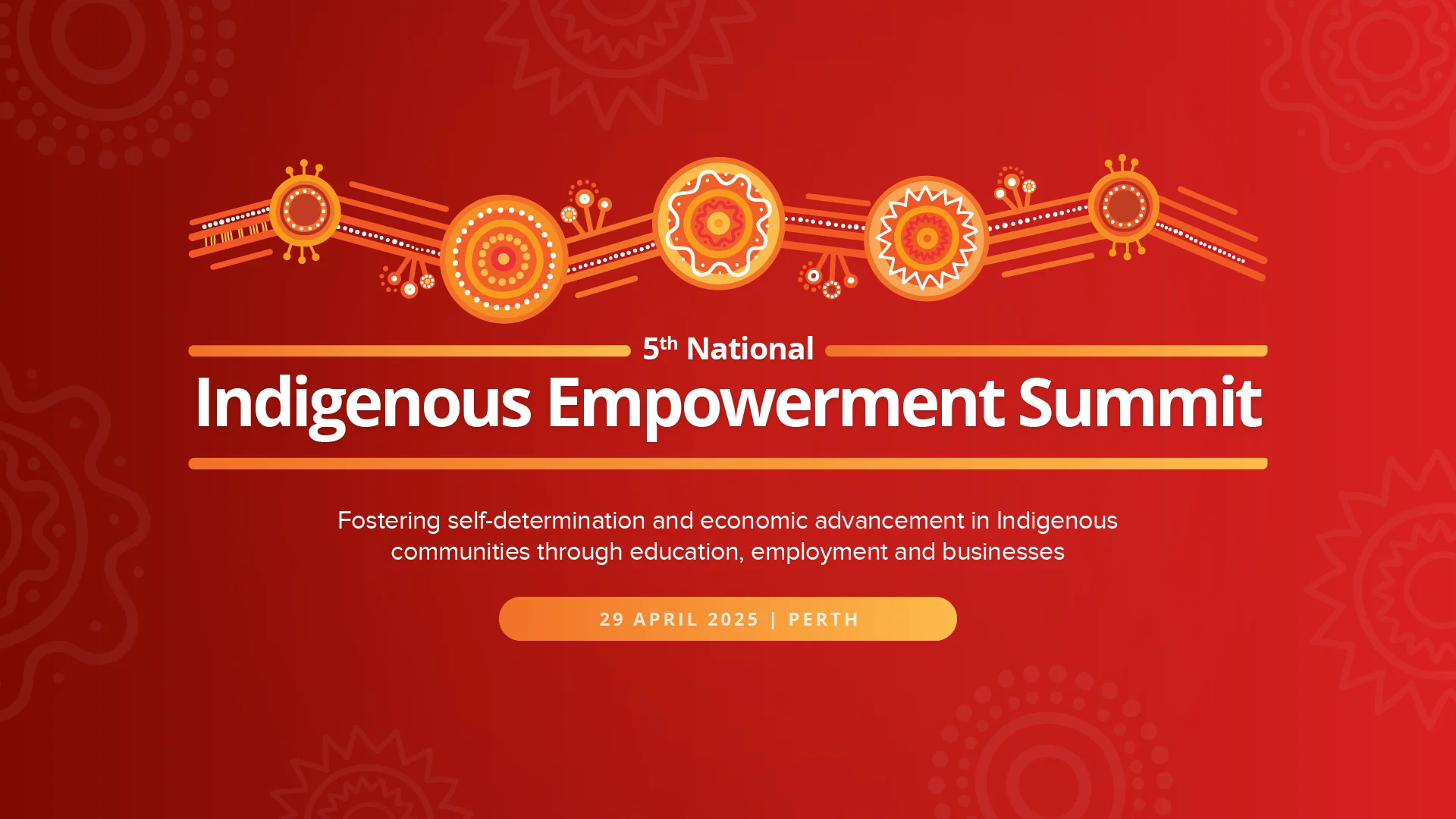Do you want to know the secret to happiness? And while we’re at it, health, wealth, better relationships, purpose, and personal growth? Maybe even better government?
I could tell you, but the great paradox is, you’d need to forget what I told you for it to truly work. Well at least you couldn’t act on this knowledge for the purpose of gaining these things.
Shall I give it away? Alright, why not… Generosity. Shocking, I know. But it’s science, so it must be true.
But are you actually surprised? Chances are, you aren’t surprised at all. It turns out that most people are inherently generous people. When given the opportunity, we enjoy sharing. We know it feels good to give things that are beneficial to others. We like to share our knowledge, our skills, our things, our time, our concern, our encouragement, and sometimes even our money.
There is a strong and growing evidence base for the benefits of generosity, see publications such as white paper, The Science of Generosity by Summer Allen. However, it involves a great paradox – motive is everything.
In many ways, generosity is like love. It is often said that we increase the love we have by giving it away. Yet we all understand that if we give ‘love’ for the wrong reasons (because I want something in return), it losses its potency. True love must be genuine and selfless. Generosity is the same. For it to enhance our well-being, our generosity must be seeking the benefit of the other, not ourselves. It must be authentic.
Generosity is also generative. Generosity enables others to experience their own abundance, and then to act likewise. When we see generosity, we are motivated to be more generous ourselves. And when we experience authentic generosity, we feel a sense of gratitude and we are inspired ourselves to be more generous.
It’s a powerful instrument for change and prosperity, and one that sadly has become a bit under-appreciated in our busy, increasingly stressful, and dare I say, politically charged lives.
Today is the International Day of Charity. And as the leader of an international charity, of course I’m interested in generosity. But I raise this today not simply to encourage people to give more to charity, but because I want to our homes, our community, our country, our society, our world to be happier, healthier, and more purpose filled. I know that by being more generous we collectively achieve these things. Charitable giving is just one narrow, albeit important, avenue to achieve this.
In my role I often hear the old adage that ‘charity starts at home’ – usually as a justification for why the person telling me this doesn’t want to part with any of their money to help address poverty overseas (although increasingly I hear it from keyboard warriors
commenting on social media). But I agree with them wholeheartedly. When I’m asked how a person can become more generous, I tell them exactly the same thing – it starts at home. It starts with your own family. It starts with your own children, your siblings, your parents – it starts with bringing benefits to those around you whenever you observe the need.
But generosity grows from there. It grows out into your neighbourhood, your friends, and your colleagues. And from there to those you have a connection to but don’t really know – those people who have similar needs to someone else you know, or are connected through your interests, clubs, communities, and networks. And from there it grows towards those needs you know exist, and know are incredibly great, but have never experienced and have no other connection with save for your knowledge and your compassion. In the same way that love matures as we get older and experience more of its facets, so too does generosity. Generosity matures, from our immediate circle and outwards to those well beyond it. The further your generosity reaches, the less you can ever consider you will experience any form of return or even thanks or recognition. And the more mature your generosity has become.
A common mistake in thinking about generosity is that we give from our abundance. This is false. We give because there is need. I’ve lived and worked among some of the poorest communities in the world, and everywhere I look, in rich communities and poor ones, generosity abounds. It used to astound me the level of generosity I witnessed in poor communities – people who had very little making available to others everything, and I mean EVERYTHING, they possess. Maybe because it seems to appear this way almost everywhere, I’m now only surprised when I encounter those instances where this is not the case. Generosity is the norm, selfishness is the exception. In our society we certainly see examples of unbridled greed and selfishness, but they’re so notable because they are the exception, and they cut against the grain of our own characters – that’s why we’re outraged by them. The fact is we are all generous – we are all inspired by great acts of generosity, we all appreciate acts of genuine selfless generosity, and we all aspire to be more generous ourselves.
So, on this day, the International Day of Charity, celebrate the greatest and most paradoxical of all human attributes, and give where you know it’s needed most, give unexpectedly, and give even more maturely than you’ve ever done before, at home and abroad. Know that your example inspires others. And know that in doing so, you truly are making our world a better place.












